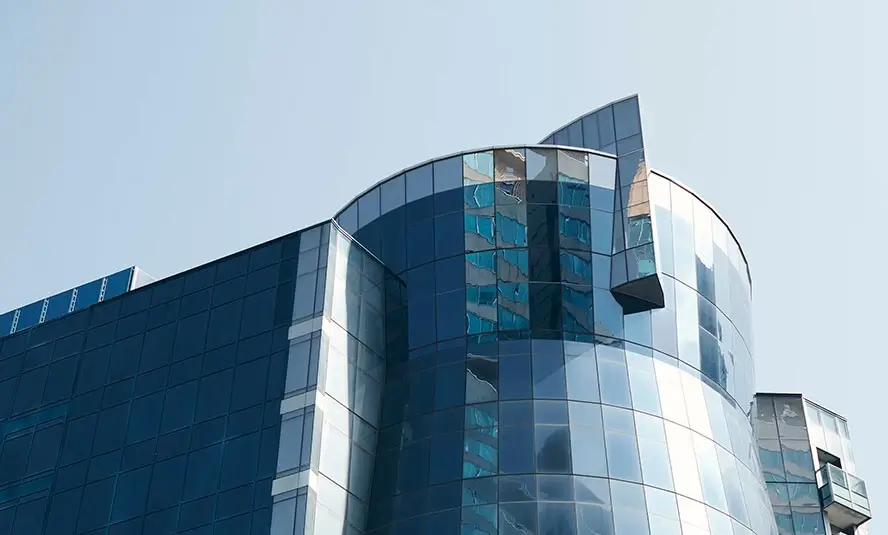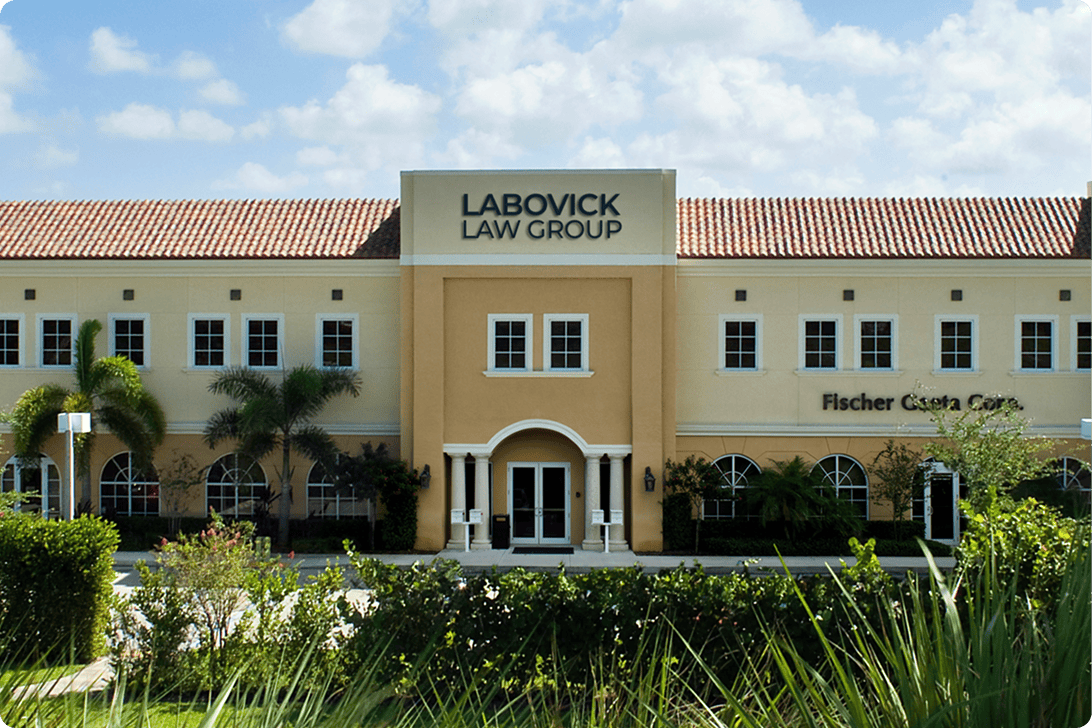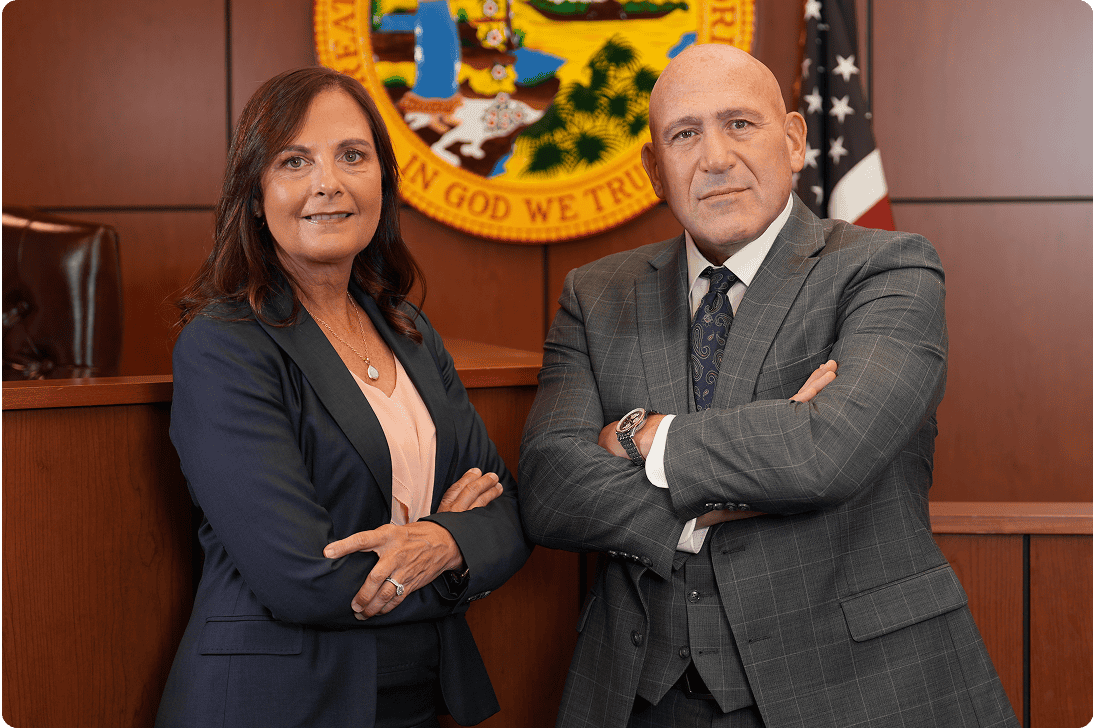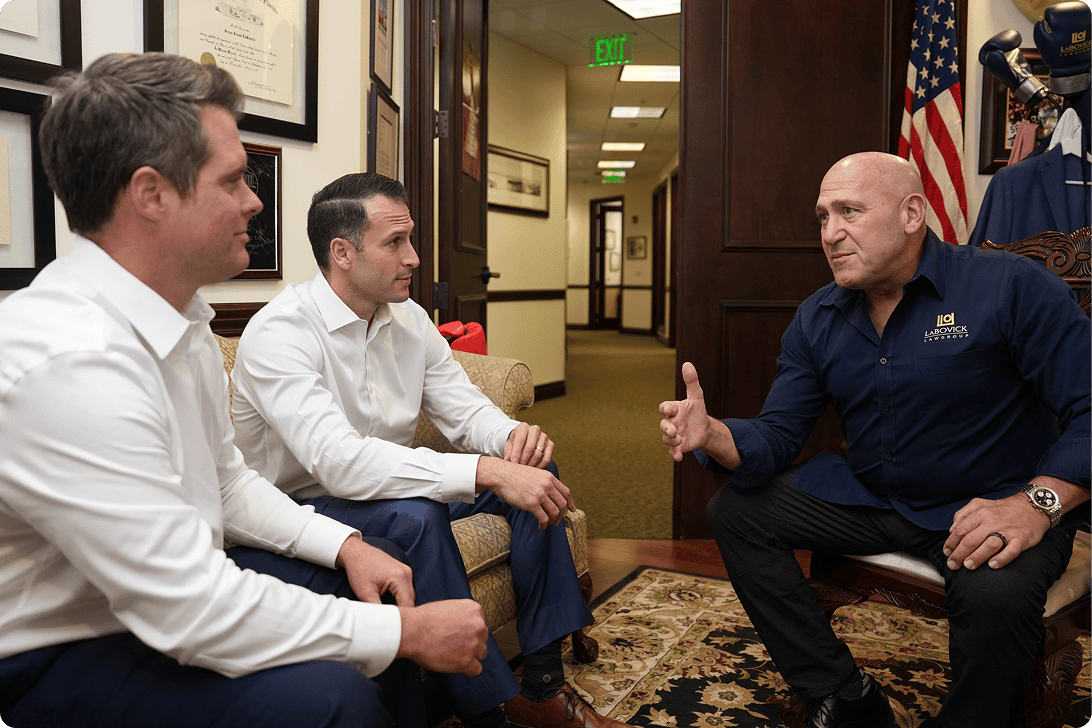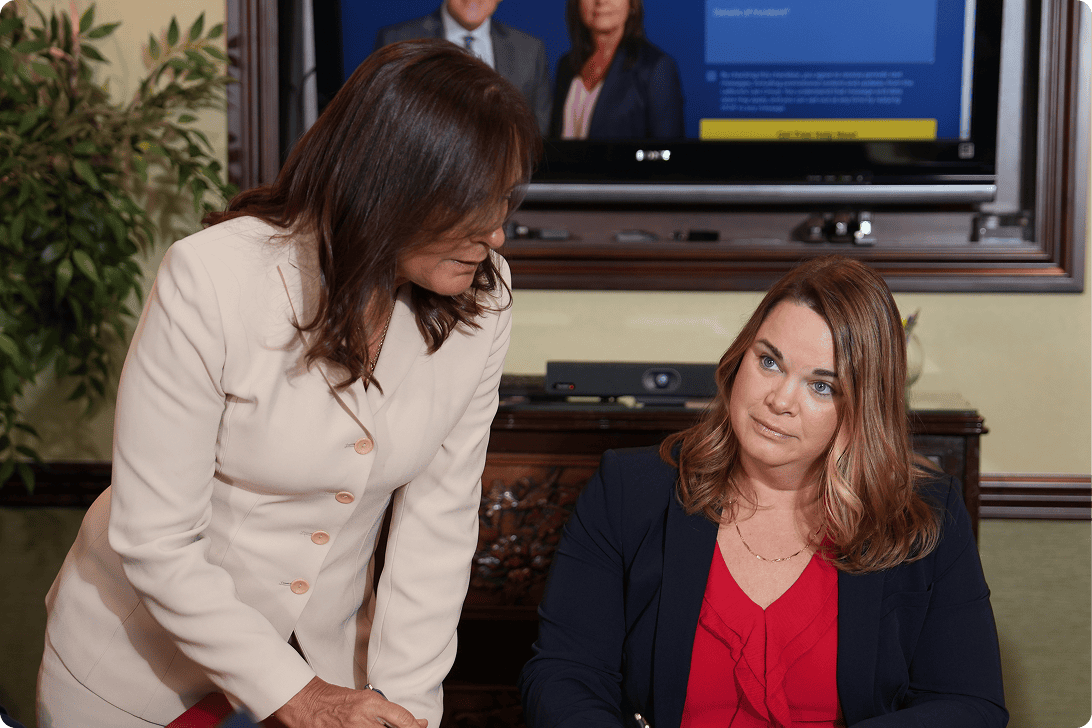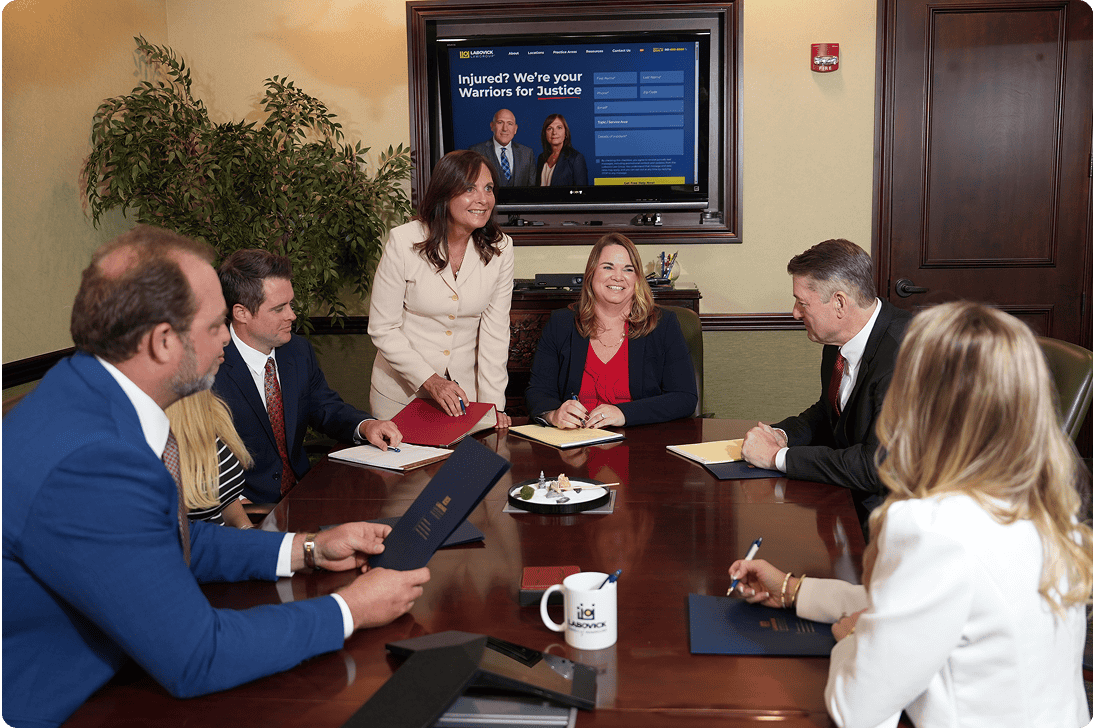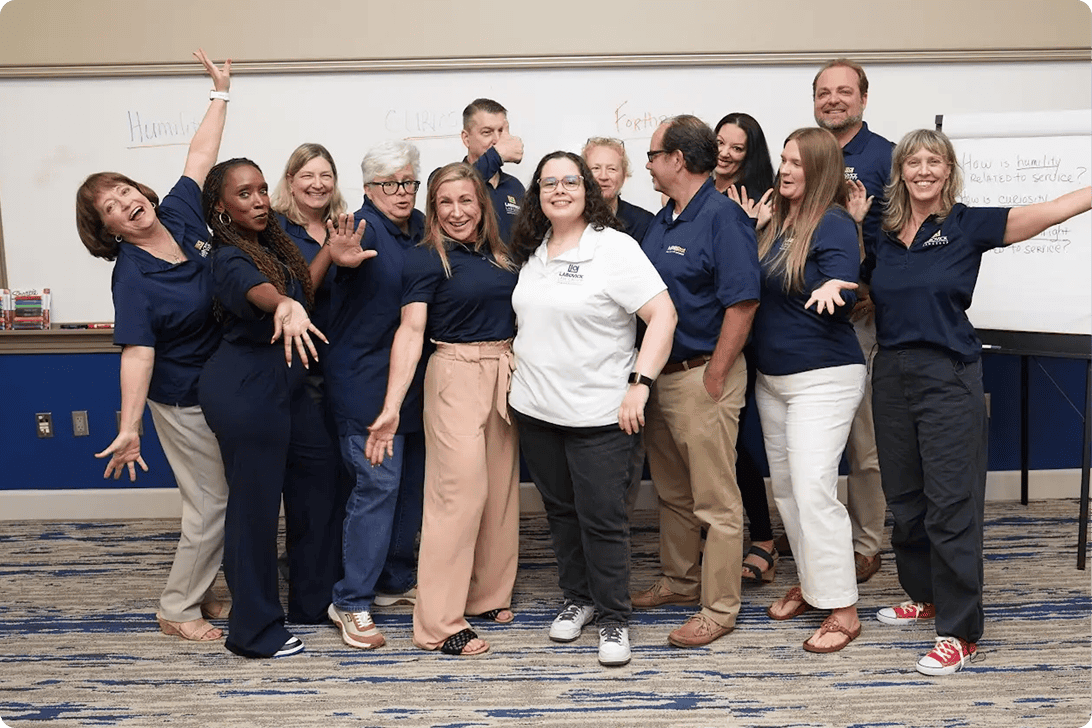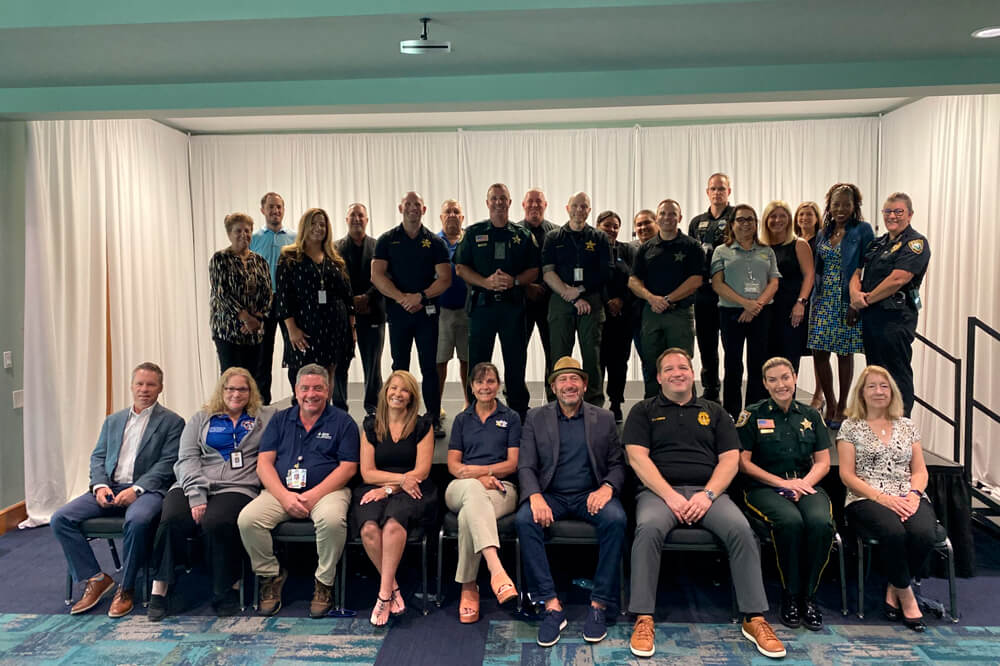Understanding Premises Liability
Premises liability is a subset of tort law that deals with personal injuries that occur due to unsafe conditions on another party’s property. The term “premises” refers to any land or building owned or occupied by someone other than the injured party. Examples of premises liability cases can range from slip-and-fall accidents in a grocery store to injuries sustained from faulty equipment at a gym, dog bites, swimming pool accidents, and even inadequate security leading to an assault.
Common Types of Accidents Leading to Premises Liability Claims
Various situations can lead to a premises liability claim. Some of the most common types of accidents include:
- Slip and fall accidents
- Dog bites or animal attacks
- Accidents from defective conditions on the property
- Injuries from falling objects
- Elevator and escalator accidents
- Swimming pool accidents
- Inadequate maintenance of the premises
- Fires and explosions
- Exposure to hazardous materials
Responsibilities of Property Owners and Managers
In Miami and across Florida, property owners and managers are required to adhere to certain responsibilities to ensure visitor safety.
Regular Inspection of the Property
Property owners and managers should routinely inspect their premises for any potential hazards. This includes checking for broken staircases, loose railings, wet floors, poor lighting, cracked sidewalks, and more. Regular inspection helps in early identification and rectification of potential risks.
Prompt Repair or Removal of Known Dangers
Once a hazard is identified on the property, the owner or manager has a duty to promptly fix the issue. This could involve repairing a broken fixture, cleaning up a spill, or removing a tripping hazard. The key is that the response should be timely to prevent accidents.
Clear, Adequate Warning Signs
If a hazard can’t be immediately fixed, the property owner or manager is expected to provide clear warnings to visitors. For example, if a floor is wet and can’t be dried immediately, a “wet floor” sign should be placed visibly to warn visitors and prevent slip and fall accidents.
Ensuring Adequate Security
In some cases, property owners and managers are also responsible for ensuring adequate security to prevent criminal activities. This might involve hiring security personnel, installing security cameras, or implementing access controls in a building.
Maintenance of a Safe Environment
This duty encompasses the overall obligation of property owners and managers to maintain a safe and hazard-free environment. It involves everything from ensuring structural integrity to controlling pests and maintaining clean, well-lit premises.
Compensation in Premises Liability Cases
Types of Compensation Available
In a premises liability case, victims may be entitled to various types of compensation for the losses they’ve incurred. These often fall into two main categories.
Economic Damages
These are tangible, out-of-pocket costs that can be calculated and documented. They include:
- Medical Expenses: This covers the cost of emergency room visits, hospital stays, surgeries, medications, physical therapy, and any necessary future medical care related to the injury.
- Lost Wages: If the injury caused you to miss work, you could be compensated for the income you lost during that time.
- Loss of Earning Capacity: If the injuries have impacted your ability to earn a living in the future, compensation for this potential loss can be awarded.
- Property Damage: If any personal property was damaged in the incident, such as glasses, clothing, or electronic devices, you can be reimbursed for their repair or replacement cost.
Non-Economic Damages
These are intangible losses that can’t be easily quantified but are no less real for victims. They include:
- Pain and Suffering: This refers to the physical pain and discomfort endured as a result of the injury.
- Emotional Distress: Victims often experience significant emotional trauma following an accident, including anxiety, depression, and post-traumatic stress disorder (PTSD).
- Loss of Enjoyment of Life: This covers the loss of enjoyment in everyday activities, hobbies, exercise, and other things that the victim used to enjoy before the injury.
- Loss of Consortium: Spouses of the injured person may receive compensation for the loss of companionship or the inability to maintain a sexual relationship.
In exceptional cases where the defendant’s conduct was particularly egregious or malicious, punitive damages might be awarded. These are not intended to compensate the victim, but rather to punish the defendant and discourage similar behavior in the future.
Factors Influencing the Amount of Compensation
Several factors can influence the amount of compensation you receive in a premises liability case, including:
- The severity of the injury: More severe injuries usually result in higher compensation due to increased medical costs, prolonged recovery, and greater impact on the victim’s life.
- The impact on earning capacity: If the injury affects your ability to work, either temporarily or permanently, you may be entitled to compensation for lost wages and loss of future earnings.
- The degree of negligence: If the property owner was aware of the dangerous condition and failed to address it, this could increase your compensation.
- The victim’s contributory negligence: If the victim’s actions contributed to the accident, this might reduce the compensation.
- The amount of available insurance coverage: Insurance policies often set limits on the amount of compensation available.
